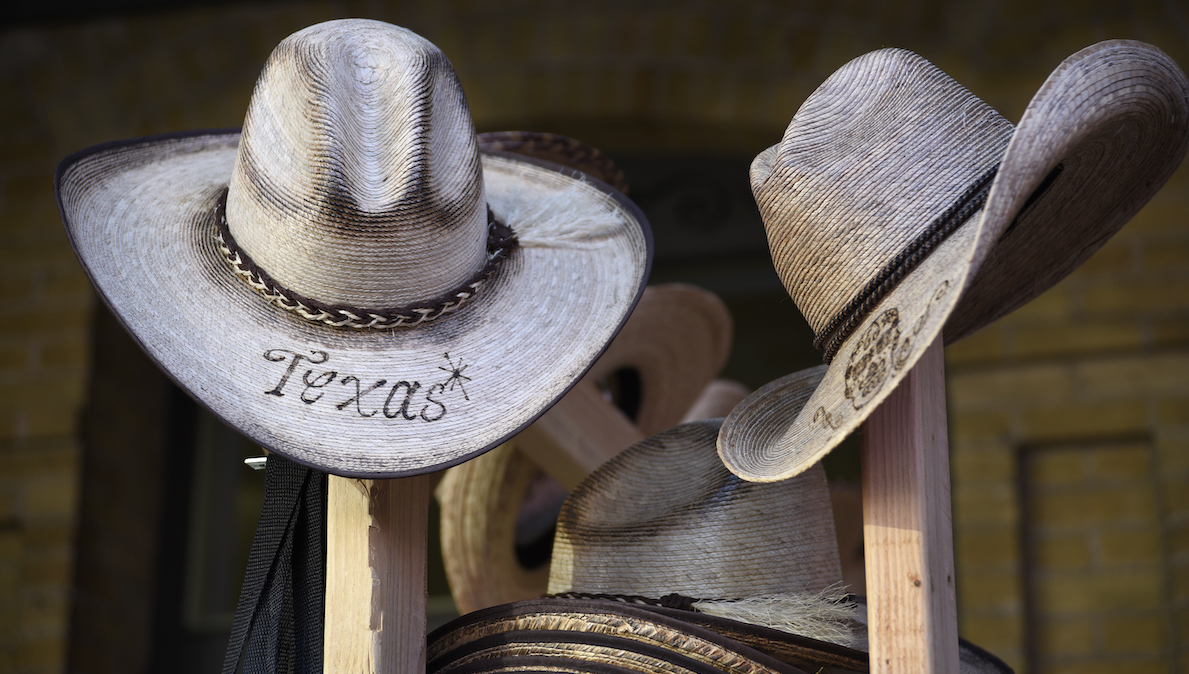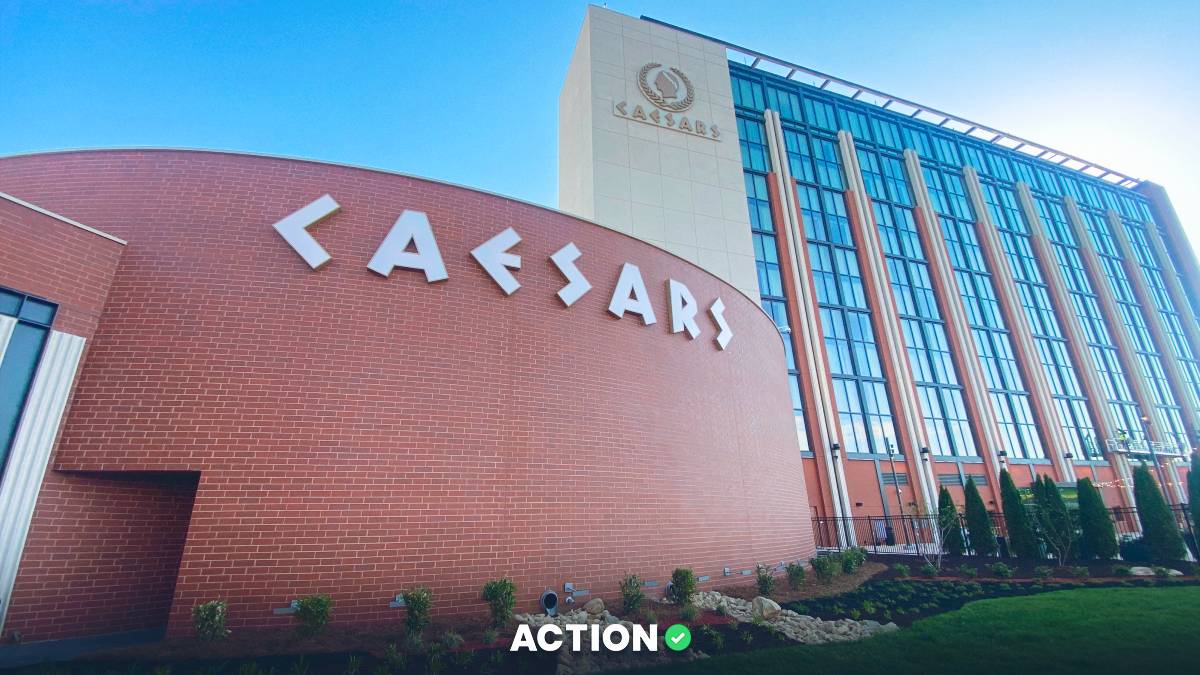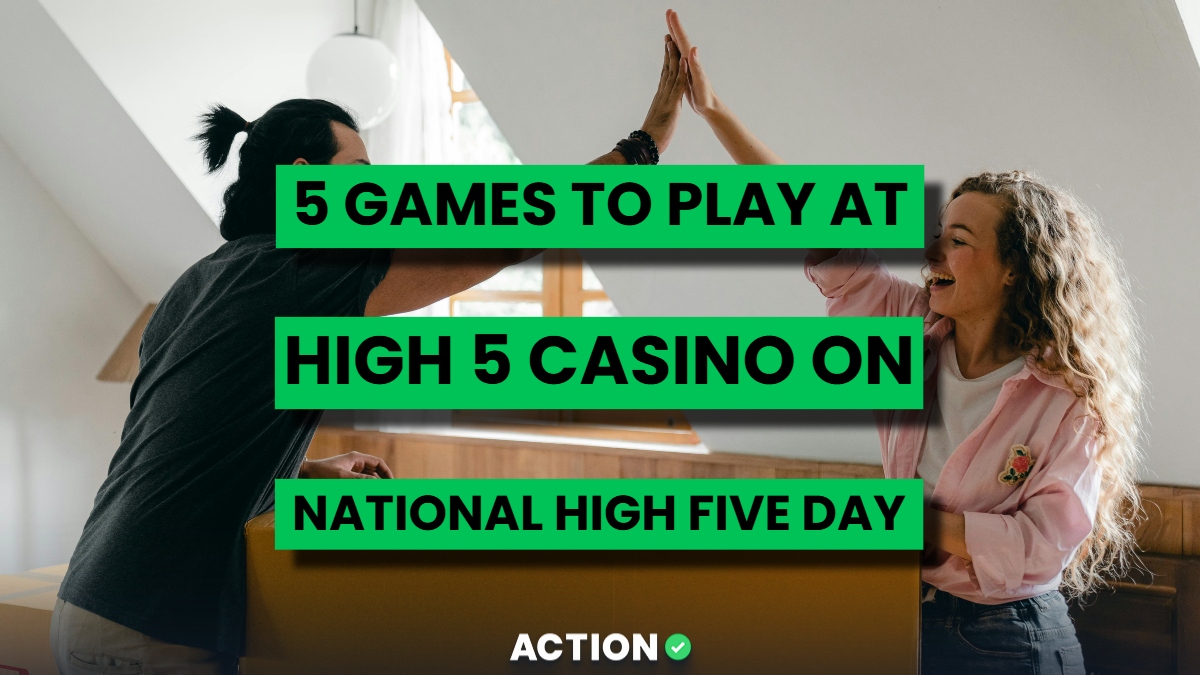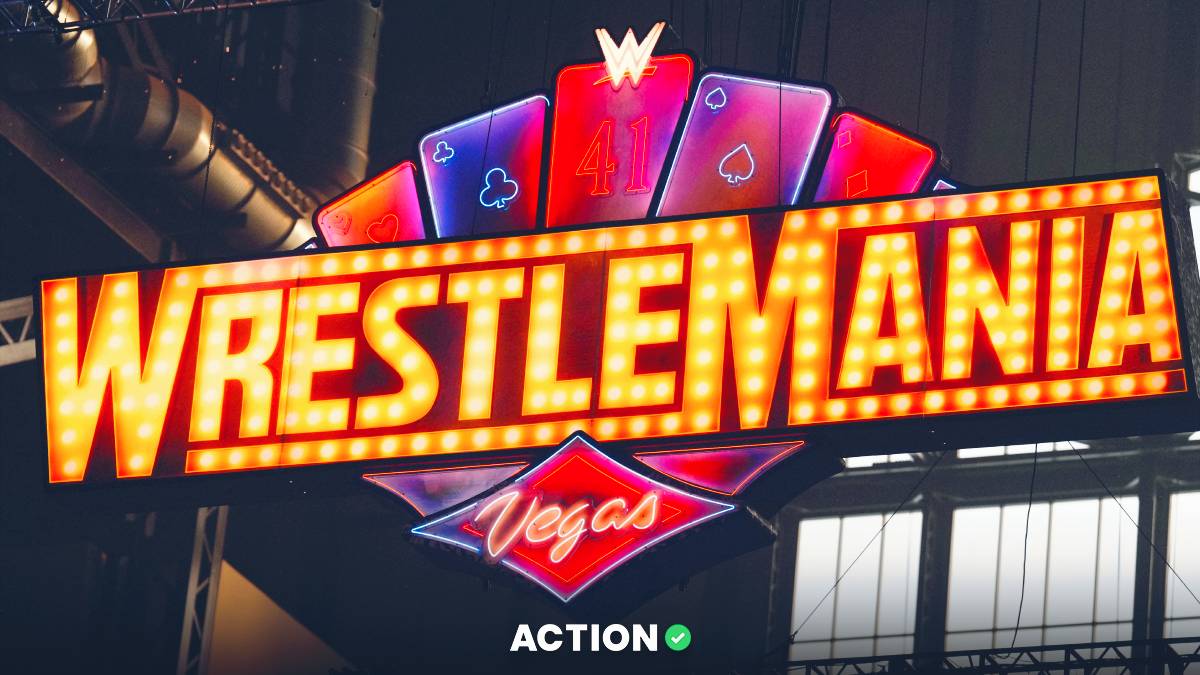On Monday, ABC-7 Amarillo reported that West Texas A&M University had blocked access to gambling sites on school-operated wifi and electronics.
The new policy means that the university’s students, faculty and staff will not be allowed to access online gambling sites using school-owned phones, laptops and other devices that connect to the internet.
These sites will also be blocked on any wifi connections provided by the university.
“College students at a particularly formative stage in their lives can develop habits and lifestyles that are akin to drug and substance abuse,” West Texas A&M President Walter Wendler told ABC-7. “There is not a single thread of evidence showing predatory gambling has a positive impact on academic excellence."
Exception for Experiential Learning
Meanwhile, in New Jersey, a bill that would ban most partnerships between betting companies and the state’s colleges and universities advanced out of committee on Monday.
However, the legislation includes a key exception for partnerships that provide “experiential learning opportunities” for college students.
“Allowing this balance in terms of ensuring that our students remain as safe as possible, but at the same time recognizing that this can be a valuable career for them, is that balance,” Jennifer Keyes-Maloney, executive director of the New Jersey Association of State Colleges and Universities, told NJ Spotlight News. “We appreciate the work that the sponsor (Assemblyman Benjie Wimberly) did to try to find that proper balance.”
In 2022 in neighboring New York, Caesars asked 16 New York University graduate students — working in teams of four — to come up with responsible gambling strategies tailored toward college attendees.
“The ultimate goal is to have a responsible relationship between an industry and academia, to create the kinds of leaders that Caesars would like to see and we’re trying to produce,” David Hollander, an assistant dean at NYU, told Action Network sister site US Bets. “What better talent evaluation could Caesars have than a 14-week vet of 16 students to really see, ‘Oh, she’s smart. Let’s bring her in for an interview.’”



















































